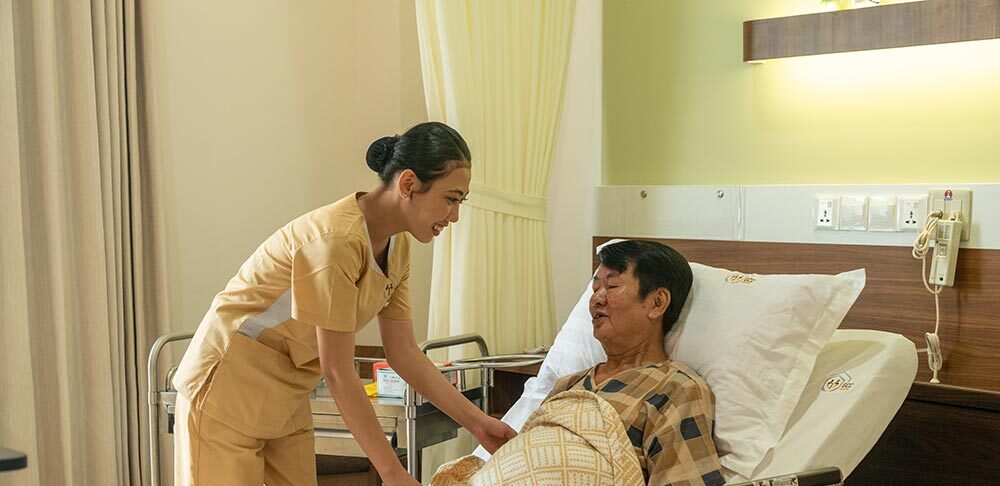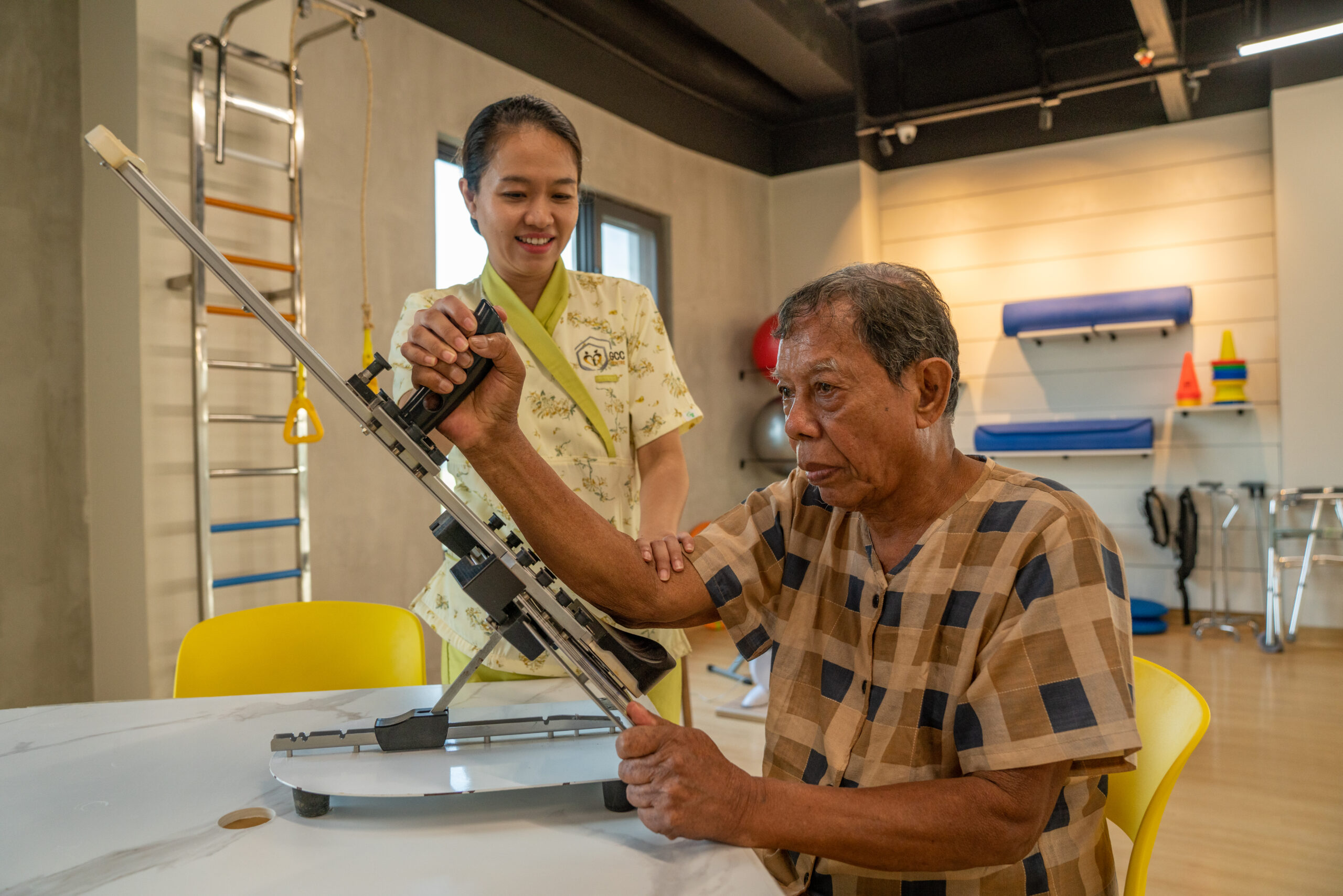Assist in Activities of Daily Living
- Assist in personal hygiene.
- Assist in nutritional Needs.
- Assist in elimination Needs.
- Assist in mobility.
- Assist in psycho-social Needs.
- Administration of medication.

Provide special procedure
- Assist in giving oxygen.
- Assist in giving nebulizer.
- Naso-gastric tube feeding.
- Colostomy wound and bag care.
- Simple and complex wound dressing care.
- Indwelling catheter care.
Provide monitoring care
- Vital signs monitoring.
- Electrocardiogram (ECG).
- Blood glucose monitoring.

Prevent and manage risk factor in elderly

- Fall Risk.
- Pressure ulcer risk.
- Aspiration risk.
Nursing procedures refer to a variety of tasks and interventions that nurses perform to maintain or improve patient health and well-being. These procedures can range from routine assessments to more complex medical interventions.
These are foundational to patient care and are essential for maintaining comfort and health.
-
- Vital Signs Monitoring – Measuring temperature, pulse, blood pressure, respiratory rate, and oxygen saturation.
-
- Patient Assessment – Gathering information about the patient’s physical, emotional, and psychological state.
-
- Positioning and Repositioning – Regularly changing the patient’s position to prevent pressure ulcers and maintain comfort.
-
- Oral Care – Cleaning the mouth, including brushing teeth, and care for dentures.
-
- Feeding Assistance – Assisting patients with eating if they have difficulty, ensuring safe swallowing and nutrition.
-
- Incontinence Care – Assisting with toileting and managing incontinence issues (e.g., changing adult diapers or using catheters).
-
- Pain Management – Administering prescribed pain medications, using non-pharmacological techniques, and monitoring effectiveness.
-
- Wound Care – Cleaning, dressing, and monitoring wounds, including surgical wounds, ulcers, and other skin injuries.
-
- Catheter Care – Inserting, maintaining, and caring for urinary catheters, ensuring cleanliness and preventing infections.
This requires more specialized training or skills and often involve technical medical equipment.
- Administering Medications – Oral, intravenous, intramuscular, subcutaneous injections, or other routes of medication administration. This includes monitoring for side effects.
- Intravenous (IV) Therapy – Inserting IVs, managing IV lines, administering fluids, and medications, and monitoring for complications like phlebitis or infiltration.
- Wound Dressing and Debridement – Applying specialized dressings to manage infection and promote healing, including removing necrotic tissue when necessary.
- Oxygen Therapy – Administering oxygen, adjusting flow rates, and monitoring oxygen saturation.
- Nasogastric Tube (NGT) Insertion – Inserting and maintaining a nasogastric tube for feeding or draining stomach contents.
- Suctioning – Suctioning the airway to remove secretions in patients who have difficulty clearing their airways, including endotracheal suctioning.
- Blood Glucose Monitoring – Checking blood sugar levels in diabetic patients and managing insulin administration or dietary adjustments.
Nurses also play a significant role in educating patients about health, managing chronic conditions, and promoting overall wellness.
- Patient Education on Medications – Teaching patients about the purpose, side effects, and correct administration of their prescribed medications.
- Disease Management Education – Educating patients on managing conditions like diabetes, hypertension, asthma, or heart disease.
- Dietary Education – Providing guidance on special diets (e.g., low-sodium, diabetic, low-fat) based on the patient’s health needs.
- Health Promotion and Preventive Care – Teaching about lifestyle changes, exercise, smoking cessation, stress management, and preventive screenings (e.g., mammograms, vaccinations).
- Discharge Planning – Collaborating with interdisciplinary teams to plan for patient discharge, which includes education on home care, follow-up appointments, and medication adherence.
















